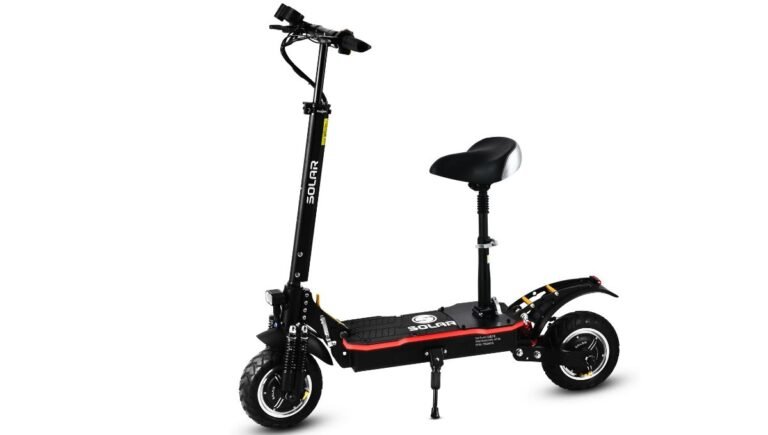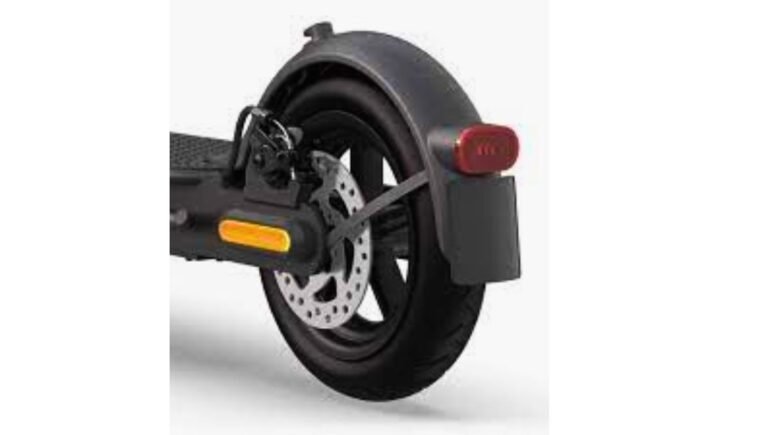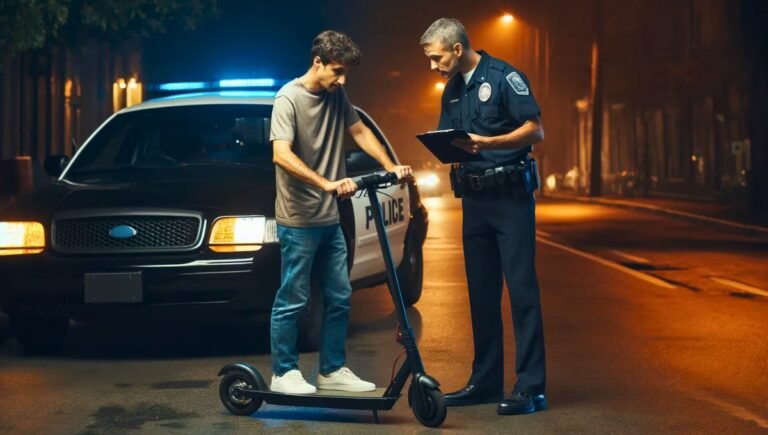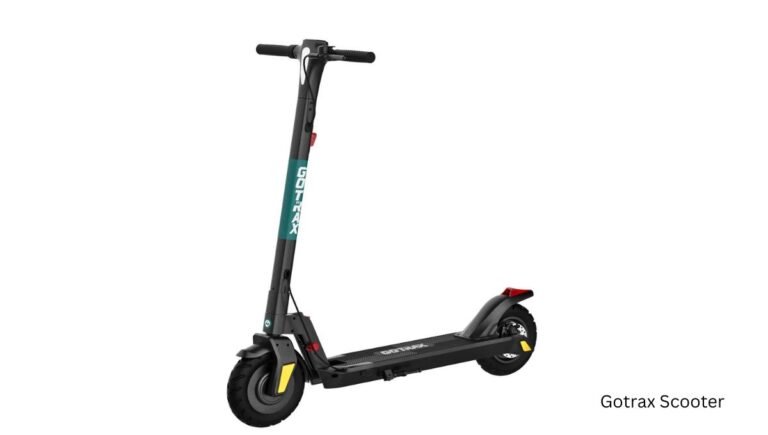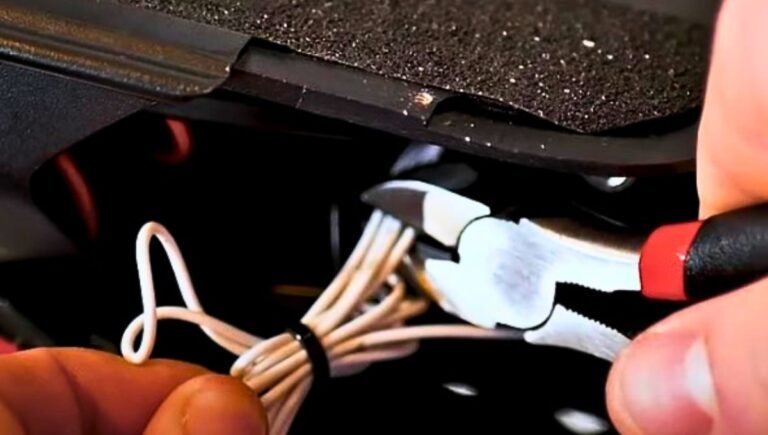Do You Need a Licence for an Electric Scooter? Unveiled!
Yes, you need a licence for an electric scooter if it exceeds certain specifications, including a maximum power output of 500 watts and a top speed of 15.5 mph. Electric scooters have become increasingly popular in recent years as a cost-effective and eco-friendly mode of transportation.
However, regulations regarding their use vary depending on the country and state. In the UK, for example, electric scooters are classified as Personal Light Electric Vehicles (PLEVs) and are subject to specific rules. One of these rules is that riders must have a valid driving licence to operate an electric scooter on public roads if it exceeds the maximum power output and top speed.
It’s important to research and understand the regulations in your area before purchasing and using an electric scooter to avoid any legal issues.
Electric Scooter Popularity Surge
The popularity of electric scooters has surged in recent years, as more people seek convenient and eco-friendly modes of transportation. This rise in popularity is fueled by various factors, including the growing focus on sustainable living, the need for efficient urban commuting options, and the desire for cost-effective and convenient personal mobility solutions.

Rise In Urban Commuting Options
Urban areas have witnessed a significant increase in the use of electric scooters as a practical and efficient mode of transportation. With traffic congestion becoming a common issue, especially during peak hours, electric scooters offer a convenient way for individuals to navigate through crowded streets and reach their destinations in a timely manner.
Benefits Of Electric Scooters
Electric scooters provide numerous benefits, making them an attractive option for urban commuters. They are cost-effective, requiring minimal maintenance and eliminating the need for fuel. Additionally, they contribute to reducing carbon emissions, thus supporting environmental sustainability. Furthermore, electric scooters are compact and easily maneuverable, allowing riders to navigate through narrow spaces and bypass traffic jams with ease.
Legal Landscapes For E-scooters
Navigating the legal landscapes for e-scooters can be confusing, but do you need a license for an electric scooter? Generally, electric scooters fall under the category of Personal Light Electric Vehicles (PLEVs) and may not require a license for use on private land.
Varied Regulations Across Regions
When it comes to the legal landscapes for electric scooters, it’s important to understand that regulations can vary significantly across different regions. From city to city and country to country, the rules governing the use of e-scooters can differ in terms of licensing requirements, age restrictions, speed limits, and where they can be ridden.
For example, in some areas, electric scooters are classified as motor vehicles, which means riders need a valid driver’s license and registration to operate them legally. In other regions, e-scooters may fall under the category of bicycles or personal mobility devices, allowing riders to use them without a license.
Moreover, some cities have implemented their own specific regulations, such as requiring e-scooters to be equipped with certain safety features like lights, reflectors, or bells. It’s crucial for e-scooter riders to familiarize themselves with the specific rules and regulations in their area to ensure they are in compliance with the law.
Recent Changes In Law
In recent years, there have been significant changes in the legal frameworks surrounding electric scooters. As the popularity of e-scooters continues to rise, governments and local authorities are adapting their laws to address the unique challenges and opportunities presented by these vehicles.
For instance, some regions have implemented pilot programs or temporary regulations to test the feasibility and impact of e-scooters on public spaces. These programs often come with specific requirements for e-scooter companies, such as obtaining permits, limiting the number of scooters available, or defining designated parking areas.
Additionally, governments are constantly evaluating and updating their legislation to ensure the safety of e-scooter riders and other road users. This can involve introducing new speed limits, helmet requirements, or even banning e-scooters from certain areas where they pose a risk to pedestrians or interfere with existing transportation systems.
Staying informed about the latest changes in e-scooter laws is crucial for riders to avoid fines, penalties, or even having their scooters impounded. It’s advisable to regularly check local government websites or consult with relevant authorities to ensure compliance with the most up-to-date regulations.
Licence Requirements Explained
When it comes to electric scooters, one of the most common questions is whether a licence is required to ride one. The answer varies depending on where you live and the specific regulations in place. In this post, we’ll explore the licence requirements for electric scooters, with a focus on age and vehicle type restrictions, as well as understanding local e-scooter laws.

Age And Vehicle Type Restrictions
Age and vehicle type restrictions for electric scooters can vary significantly from one location to another. In some areas, there may be specific age requirements for riding electric scooters, while in others, certain types of scooters may require a licence while others do not.
It’s important to research the regulations in your area to determine whether there are any age or vehicle type restrictions that apply to electric scooters.
Understanding Local E-scooter Laws
Understanding the local laws and regulations pertaining to electric scooters is crucial for anyone considering riding one. This involves not only knowing the age and vehicle type restrictions but also being aware of any specific rules regarding where e-scooters can be ridden and any licensing requirements that may be in place.
By familiarizing yourself with the local e-scooter laws, you can ensure that you are riding in compliance with all applicable regulations.
Comparing E-scooters And Traditional Vehicles
Electric scooters and traditional vehicles differ in their licensing requirements. While traditional vehicles usually require a driver’s license, many areas don’t mandate a license for electric scooters. This makes e-scooters a convenient and accessible transportation option for many individuals.
Safety Standards And Obligations
When it comes to safety, electric scooters and traditional vehicles have different standards and obligations. While cars and motorcycles must pass strict safety tests and adhere to specific regulations, electric scooters do not have the same requirements.
It is still important for e-scooter riders to prioritize safety and wear appropriate protective gear, such as helmets and knee pads. It is also important to follow traffic laws and regulations to avoid accidents and injuries.
Insurance And Liability Differences
Another difference between electric scooters and traditional vehicles is insurance and liability. Car and motorcycle owners are required to have insurance, while e-scooter riders are not. However, this does not mean that e-scooter riders are not liable for accidents and injuries.
Riders can still be held responsible for damages and injuries caused by their scooter. It is important for e-scooter riders to understand their liability and consider obtaining insurance to protect themselves and others.
While electric scooters and traditional vehicles have their differences in safety standards, obligations, insurance, and liability, it is important for all riders to prioritize safety and responsibility on the road.
By following traffic laws and regulations, wearing appropriate protective gear, and understanding their liability, riders can enjoy the benefits of electric scooters while minimizing the risks.
Impact Of Licensing On Usage
When it comes to electric scooters, one important aspect that often arises is whether or not a license is required to operate them. This licensing requirement has a significant impact on how these scooters are used, affecting both commuter behavior and the challenges faced by e-scooter sharing services.
Effect On Commuter Behavior
Requiring a license to ride an electric scooter can have a noticeable effect on commuter behavior. With the additional step of obtaining a license, some individuals may be discouraged from using e-scooters as a mode of transportation. This can be particularly true for those who do not currently possess a driver’s license or are unable to obtain one.
Furthermore, the licensing process itself can be a deterrent for potential e-scooter commuters. The need to attend classes, pass tests, and pay fees can create additional barriers to entry. As a result, individuals may opt for alternative modes of transportation that do not require licensing, such as bicycles or walking.
Challenges For E-scooter Sharing Services
The licensing requirement also poses challenges for e-scooter sharing services. These services rely on a large pool of users to sustain their business model. When a license is necessary, the potential user base is significantly reduced, limiting the number of individuals who can access and utilize the e-scooters.
Additionally, the licensing process adds complexity to the registration and onboarding procedures for e-scooter sharing services. The need to verify and validate licenses can increase administrative burdens and slow down the user registration process. This can lead to frustration among potential users and may discourage them from using e-scooters altogether.
The licensing requirement for electric scooters has a notable impact on their usage. It affects commuter behavior by potentially dissuading individuals from using e-scooters as a mode of transportation.
It also poses challenges for e-scooter sharing services, limiting their user base and adding complexity to their operations. These factors should be taken into consideration when discussing the licensing regulations for electric scooters.
How To Acquire An E-scooter Licence
Are you considering getting an electric scooter, but not sure if you need a license to ride it? Understanding the legal requirements for e-scooter usage is crucial to ensure you stay on the right side of the law.
In many places, obtaining an e-scooter license is a mandatory step, and the process can vary depending on your location. Here’s a guide on how to acquire an e-scooter license, including the step-by-step application process, costs, and training requirements.
Step-by-step Application Process
Applying for an e-scooter license typically involves several steps, which can vary from one location to another. The process generally includes:
- Completing an application form, providing personal details and possibly a photo ID
- Attending a mandatory training or safety course
- Taking a written or practical test to demonstrate your knowledge of e-scooter laws and safety practices
- Submitting any required documentation and paying the applicable fees
Costs And Training Requirements
The costs and training requirements for obtaining an e-scooter license can differ depending on the jurisdiction. Here are some common aspects to consider:
| Costs | Training Requirements |
|---|---|
| Application fees | Mandatory safety course |
| Test fees | Written or practical exam |
| Age and experience requirements |
International Perspectives On E-scooter Licencing
International perspectives on e-scooter licensing vary, with some countries requiring a license while others do not. In the United States, for example, the need for a license depends on the state and the type of e-scooter being used. It is important to research and understand the regulations in your specific location before riding an electric scooter.
Case Studies From Different Countries
Electric scooter licensing varies across countries. Below are some case studies:
– United States: Different states have different regulations.
– Germany: Requires a license plate and insurance.
– France: E-scooters must be registered and insured.
Global Best Practices
In the global landscape, several best practices have emerged:
– Promoting safety: Mandatory helmet laws for riders.
– Enforcing regulations: Regular checks for compliance.
– Public awareness campaigns: Educating the public on e-scooter rules.
Future Of E-scooter Regulation
In the rapidly evolving landscape of urban mobility, the regulation of electric scooters has become a critical issue. As cities adapt to the rising popularity of e-scooters, the future of their regulation is a topic of significant interest and debate.
Potential Legislative Changes
Government bodies are considering new regulations to address safety and operational concerns related to electric scooters.
- Safety standards are being reviewed to ensure rider and pedestrian safety.
- Speed limits may be imposed in certain areas to mitigate risks and accidents.
- Insurance requirements could become mandatory to cover potential liabilities.
Innovations And Autonomous E-scooters
The emergence of autonomous e-scooters is reshaping the future of urban transportation.
- Self-driving technology is being integrated to enhance rider experience.
- Geo-fencing capabilities are being developed to control scooter usage in designated zones.
- Smart charging solutions are being explored for efficient fleet management.
Faqs About E-scooter Licencing
Wondering if you need a licence for an electric scooter? It depends on the country and state you reside in. Some places require a licence, while others allow e-scooters to be ridden without one. It’s important to check your local regulations before hitting the road.
Common Misconceptions
There are several misconceptions surrounding e-scooter licencing that can be confusing.
Expert Advice For E-scooter Users
Experts advise e-scooter users to stay informed about local regulations and safety guidelines.
Conclusion
Obtaining a license for an electric scooter varies by location. Research local regulations. Safety is crucial. Enjoy your ride responsibly! Stay informed and compliant with laws. Happy scooting!



